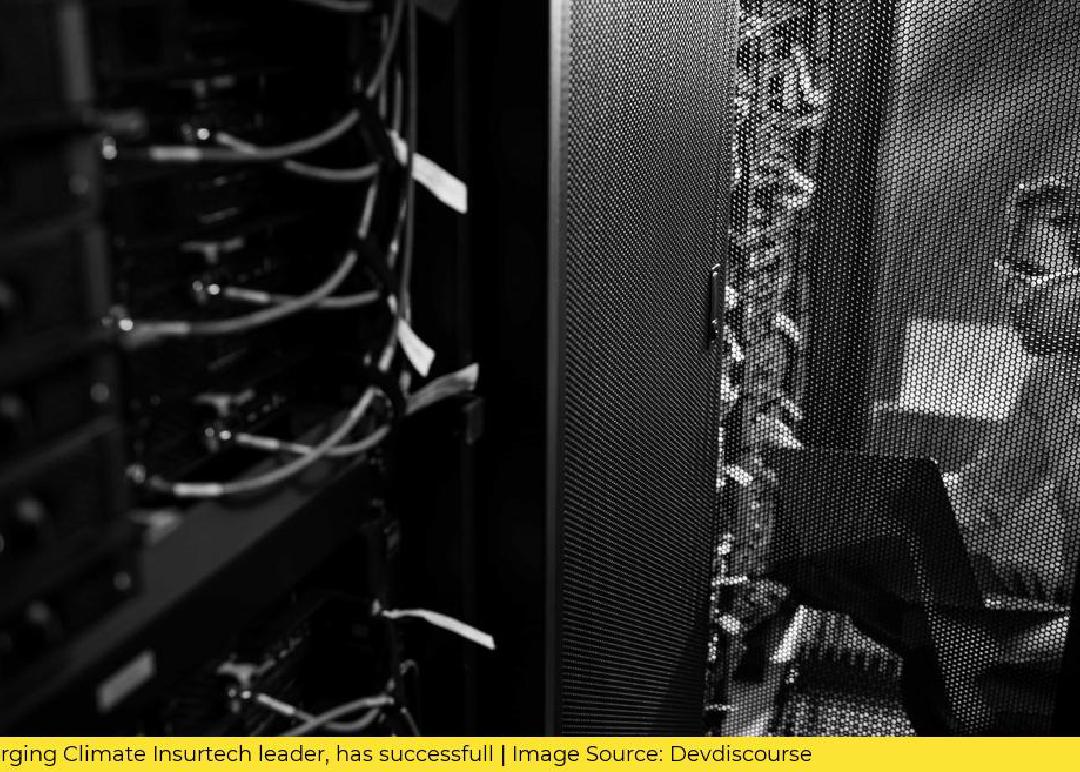IBISA's $3M Funding Round to Scale Weather Risk Solutions in Asia and Africa
As an insurance executive, you know that climate change is a real and pressing issue that affects the industry in many ways. Extreme weather events are becoming more frequent and severe, causing billions of dollars in damages every year. That’s why IBISA’s recent $3 million funding round is such an important development for the industry.
According to a recent article by Devdiscourse, IBISA is an emerging Climate Insurtech leader that offers innovative parametric insurance products for weather-related risks in Asia and Africa. The funding round was led by The Acumen Resilient Agriculture Fund (ARAF) and Equator, joined by the Asian Development Bank Ventures (ADBV) and other existing investors such as Ankur Capital.
The funds will be used to make parametric insurance more accessible and to develop pioneering insurance products that enhance financial resilience in the most vulnerable regions. IBISA’s innovative approach uses cutting-edge satellite and actuarial technologies to provide valuable solutions that mitigate financial impacts on those most affected by climate change.
With global extreme weather events costing agriculture an estimated $10-15 billion annually, IBISA’s mission is more important than ever. The company’s focus on India, following its local establishment in 2023, is a testament to its commitment to expanding its reach into emerging markets.
As an insurance executive, you understand the importance of staying ahead of the curve and embracing innovative solutions that address the challenges of climate change. IBISA’s parametric insurance products offer a unique and valuable approach that can help mitigate the financial impacts of extreme weather events.
At Riskwolf, we enable insurers to build and operate parametric insurance at scale using unique real-time data and dynamic risk modeling. If you’re interested in learning more about how parametric insurance can help your business, get in touch with us today. Let’s work together to build a more resilient future.
(Source: Devdiscourse)
